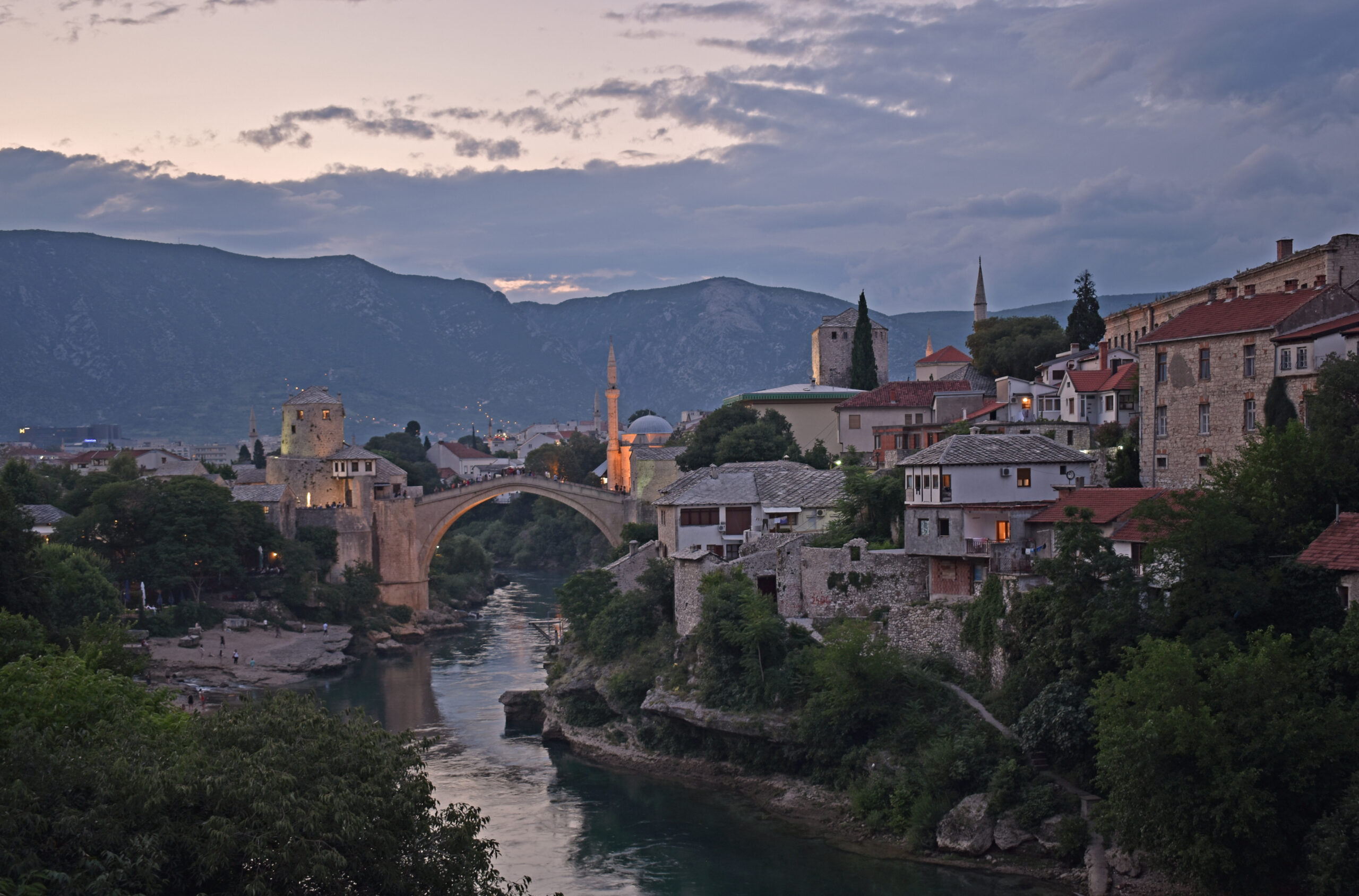
From Dialogue to Broader Societal Change in Bosnia-Herzegovina
Dialogue projects have also been able to positively affect the broader sociopolitical context in BiH, largely through the work of affiliated alumni action groups who have engaged in joint action and activism to address societal problems, thereby demonstrating “that it is possible to bridge ethnic divides.”
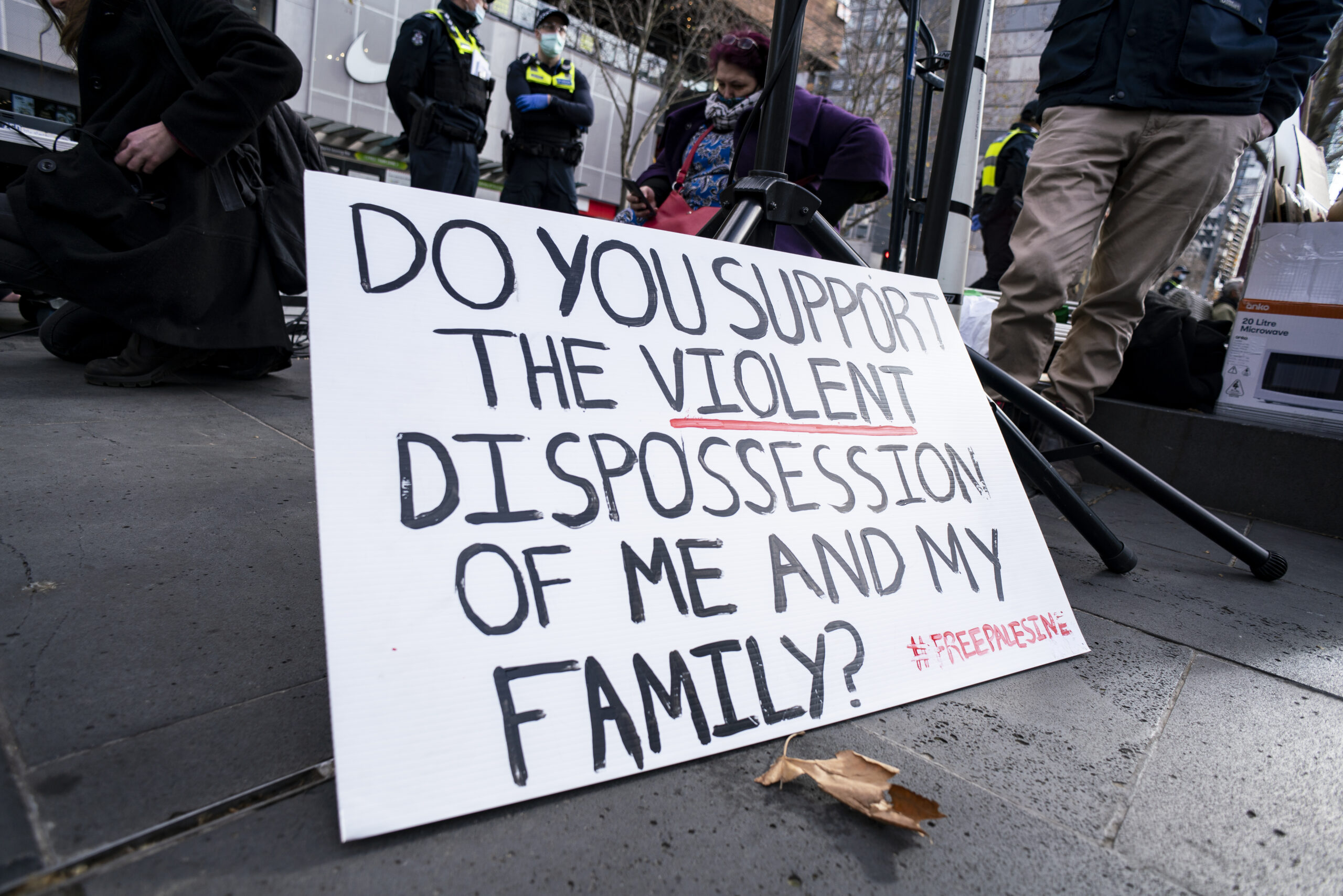
Sharing Family Photos Elicits Inter-Group Dialogue Among Arabs and Israelis
Photo-monologues and photo-dialogues were a useful educational tool to help Israeli and Palestinian students empathize with each other over shared familial trauma associated with migration to or from Israel.

Uncovering the Extent and Nature of Sexual Violence in Wartime Sri Lanka
A list experiment is an effective research method for uncovering sensitive information, as its use suggests that sexual violence was much more prevalent during the Sri Lankan civil war (affecting about 13.4% of the population) than direct questioning would indicate (at 1.4% of the population).
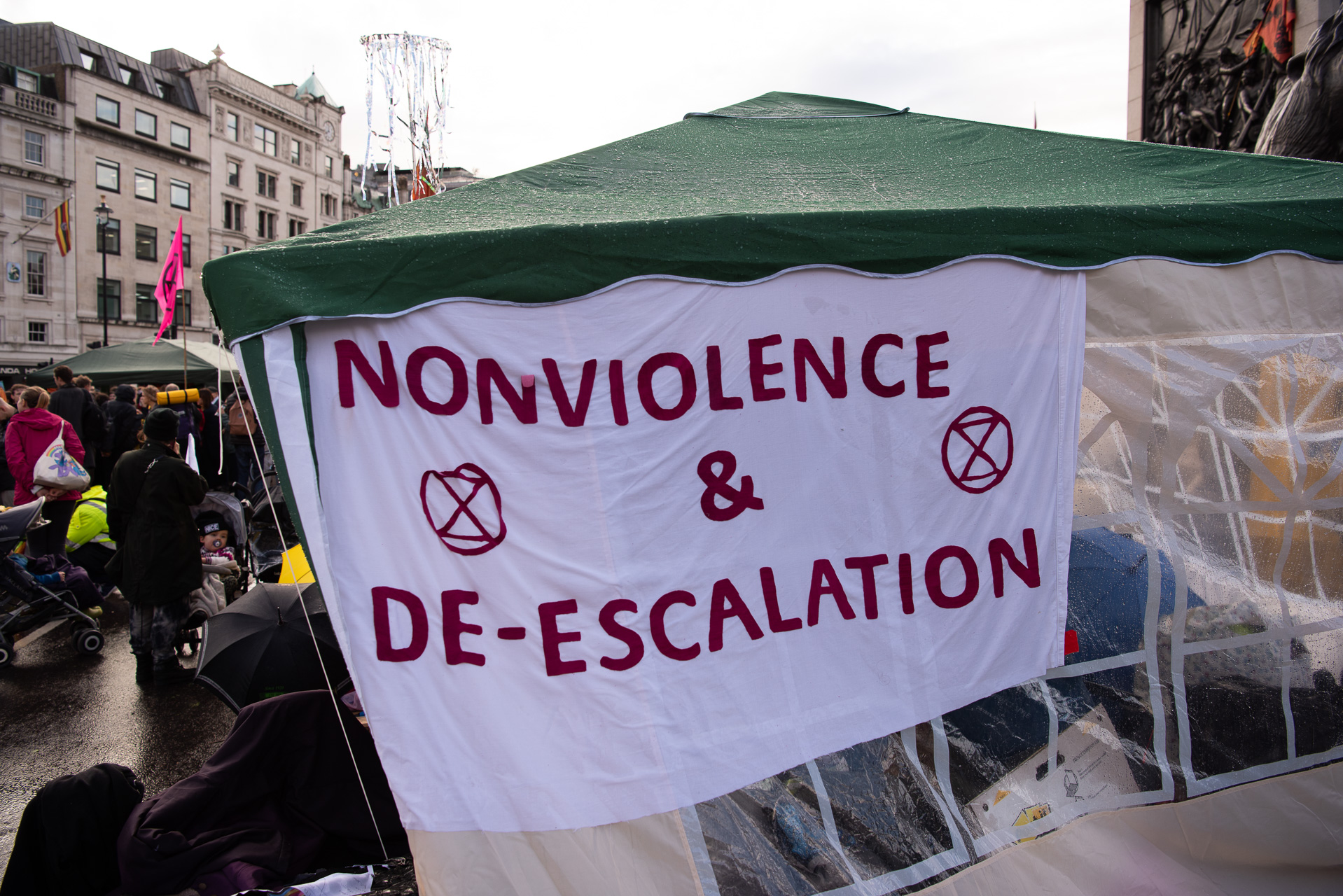
Diaspora Support for Militant Groups Contributes to a Shift Towards Nonviolence
Diaspora support for militant groups is associated with a 7% increased probability that the militant group will shift towards nonviolent tactics.
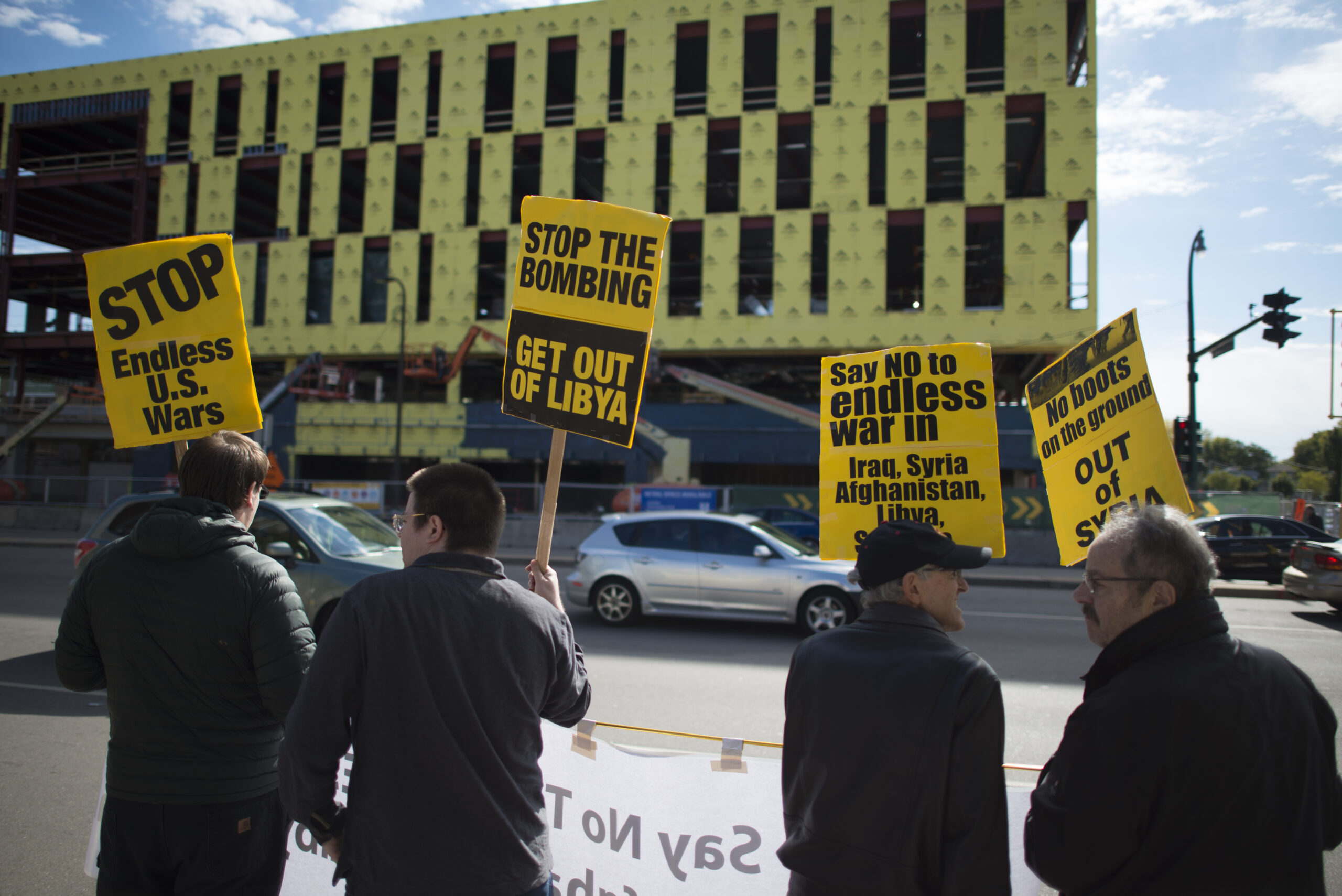
Threats, Public Support, and Military Intervention
“[W]hether public opinion is a constraint on military action or an effect of threats strongly depends on the primary objective of the military operation and whether or not the threats to a state’s national interests are clear and tangible.”
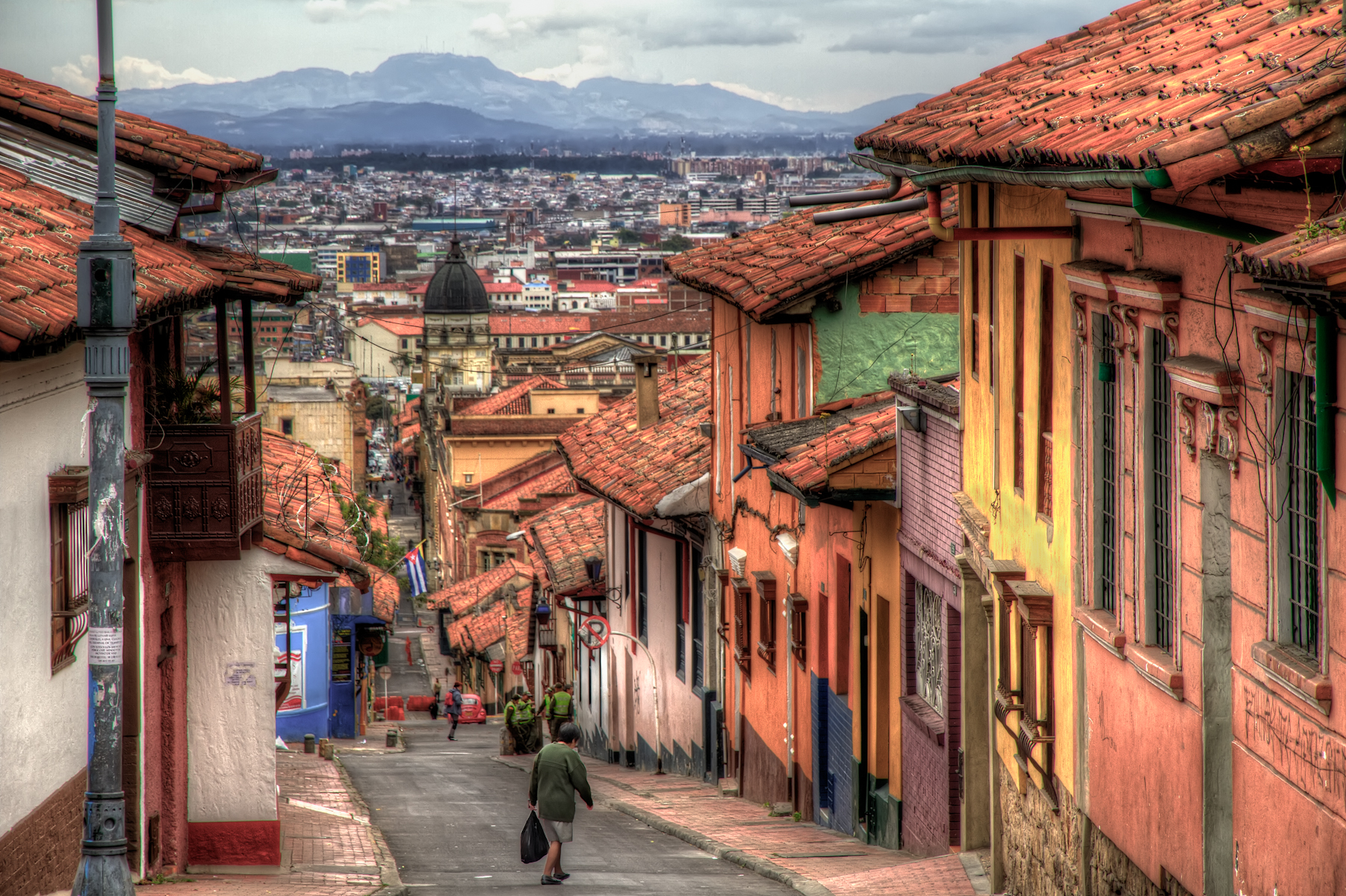
Beyond Armed Conflict: Exploring Broader Understandings of Reconciliation in Colombia
There are fairly evenly split views on the possibility of reconciliation with former combatants, as well as varied opinions (sometimes along gender, income, education level, and/or regional lines) on which activities would foster reconciliation and how willing respondents would be to come into close contact with former combatants.
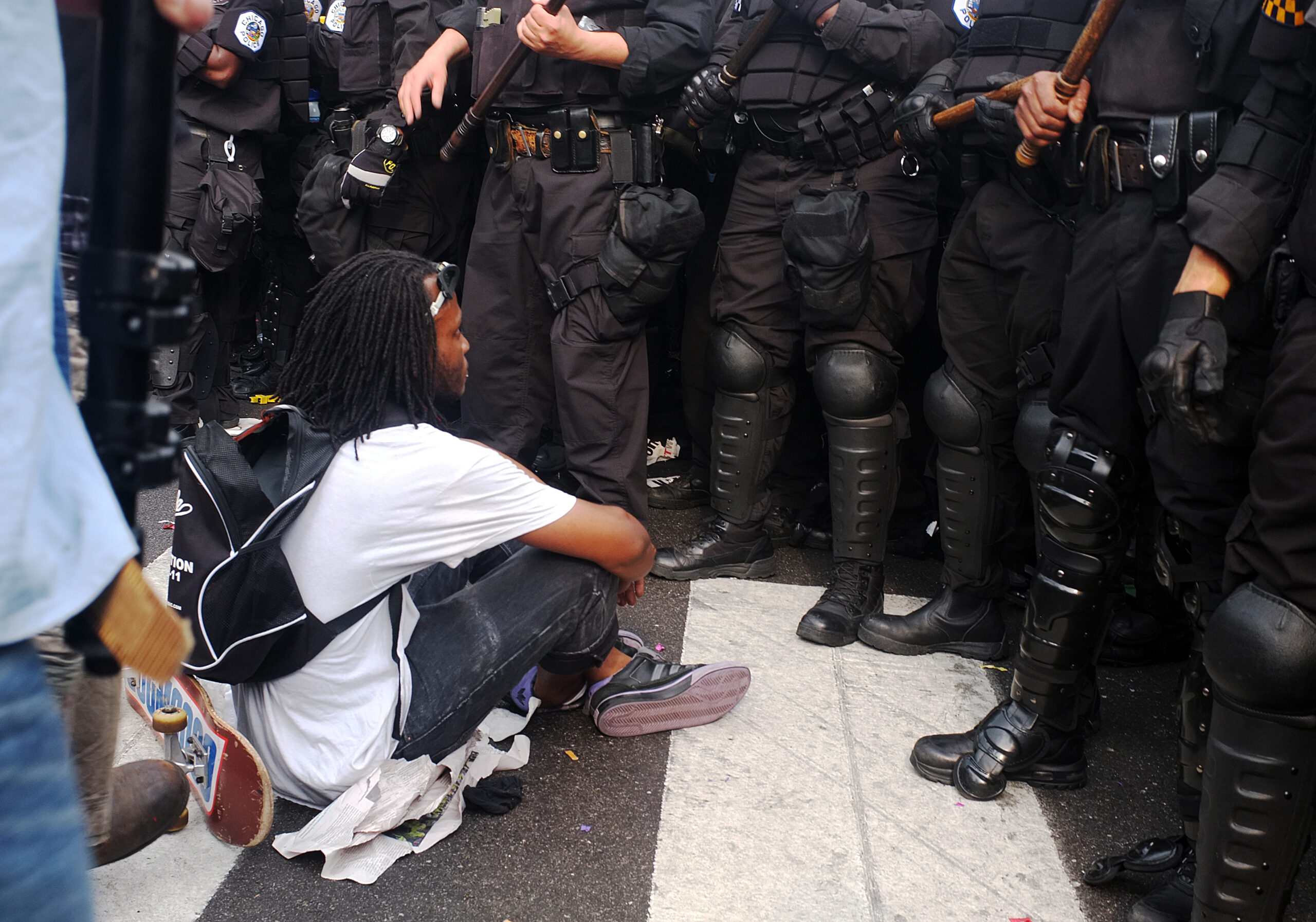
Limiting State Violence and Activist Violence in Nonviolent Resistance Struggles
Limiting both state violence and activist violence in the context of a civil resistance struggle is important to movement success.
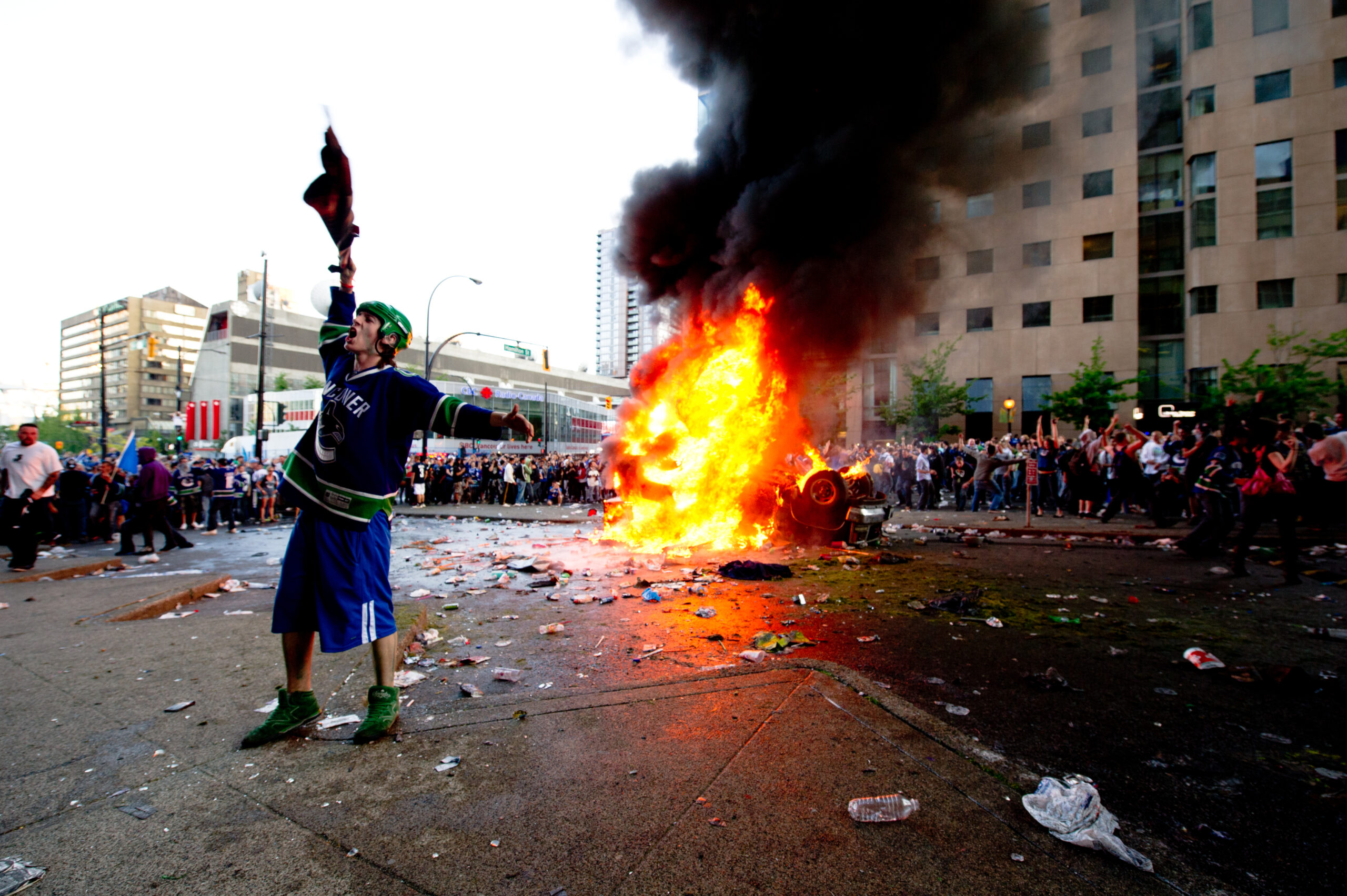
Movement Violence Can Lead to a Decline in Public Support
In Barcelona, a four-day-long riot associated with 15-M led to an overall 12-point decline in public support for the movement.

Masculinities, Militarization, and Myth-Making in Post-Genocide Rwanda
Certain gendered myths—like the “gentleman soldier” and “women as peacebuilders”—were used by the Rwandan Defense Forces to re-assert traditional gender roles.

Barriers to Peace for Women in Nepal and Bosnia
Women find innovative ways to build peace in their daily lives, significantly supplementing formal peacebuilding initiatives.
Refugee Resettlement as a Form of Transnational Peacebuilding
Liberian refugees in Canada reported being involved in peacebuilding in Liberia primarily through remittances, but smaller numbers reported involvement through the transfer of social capital and engagement in the Canadian political process.
